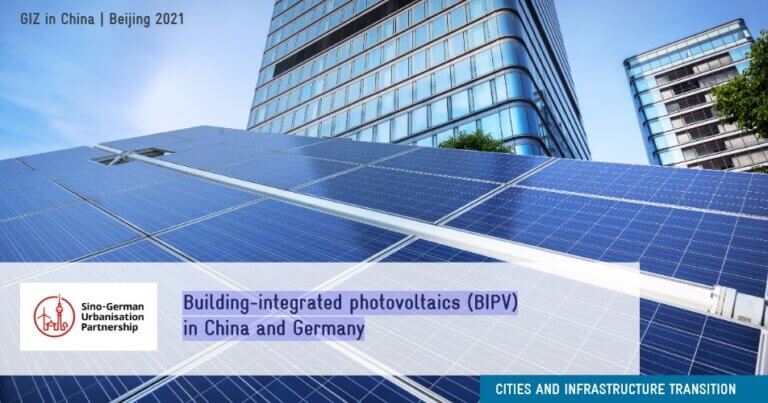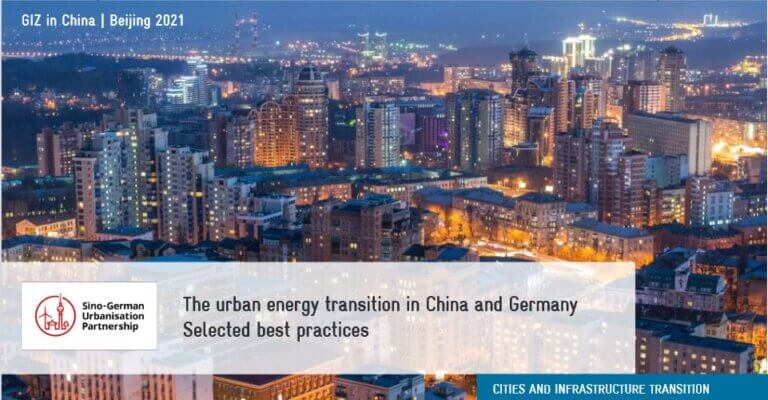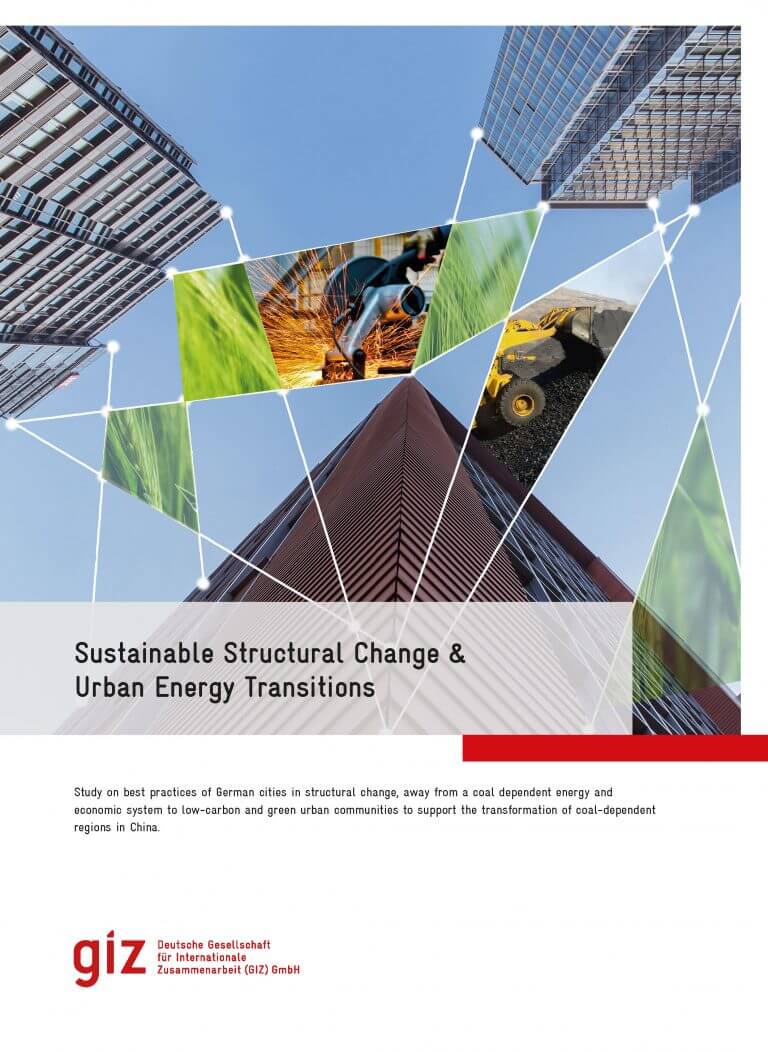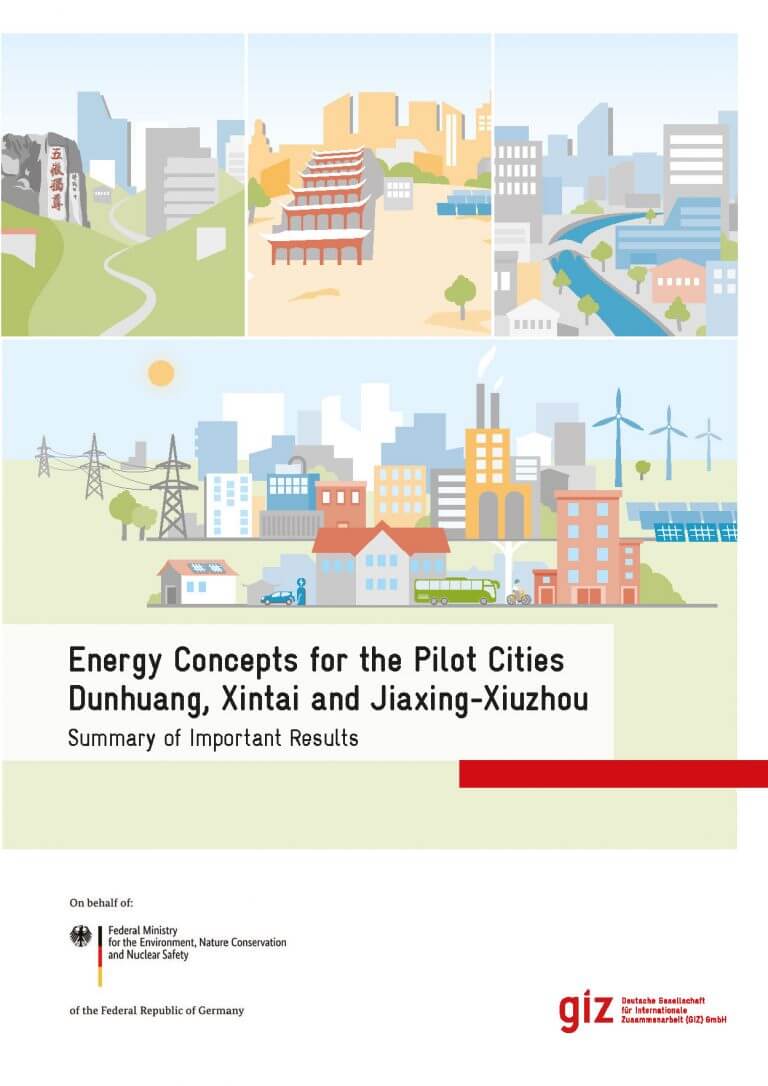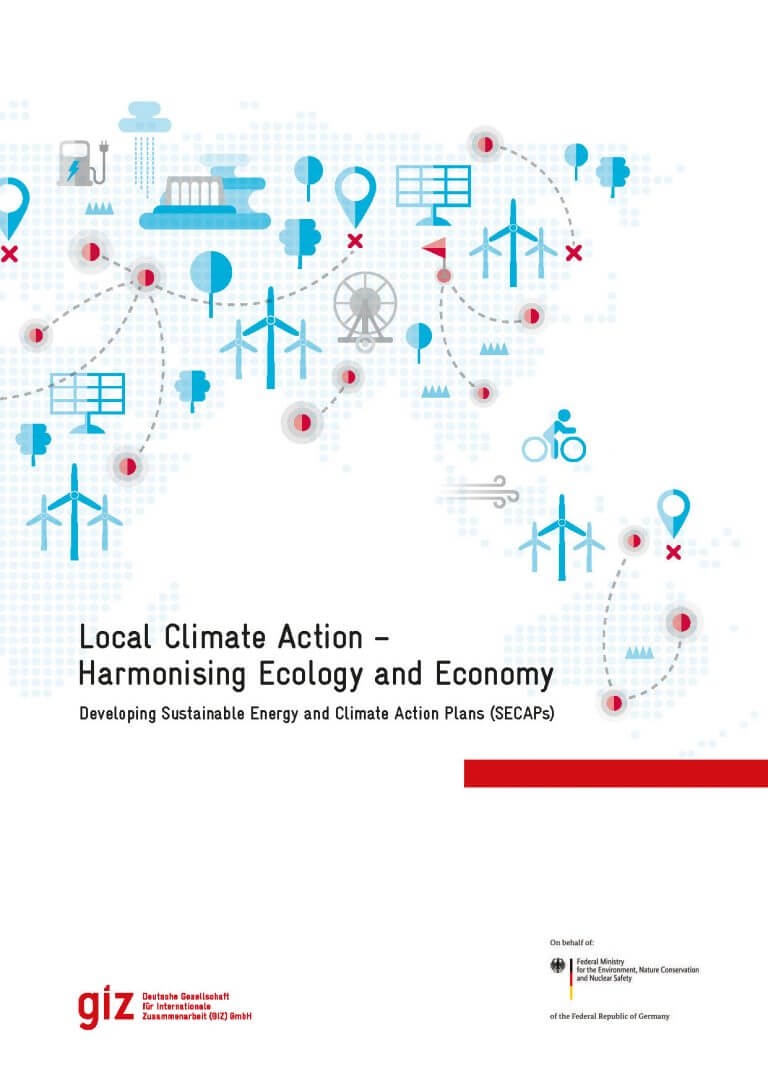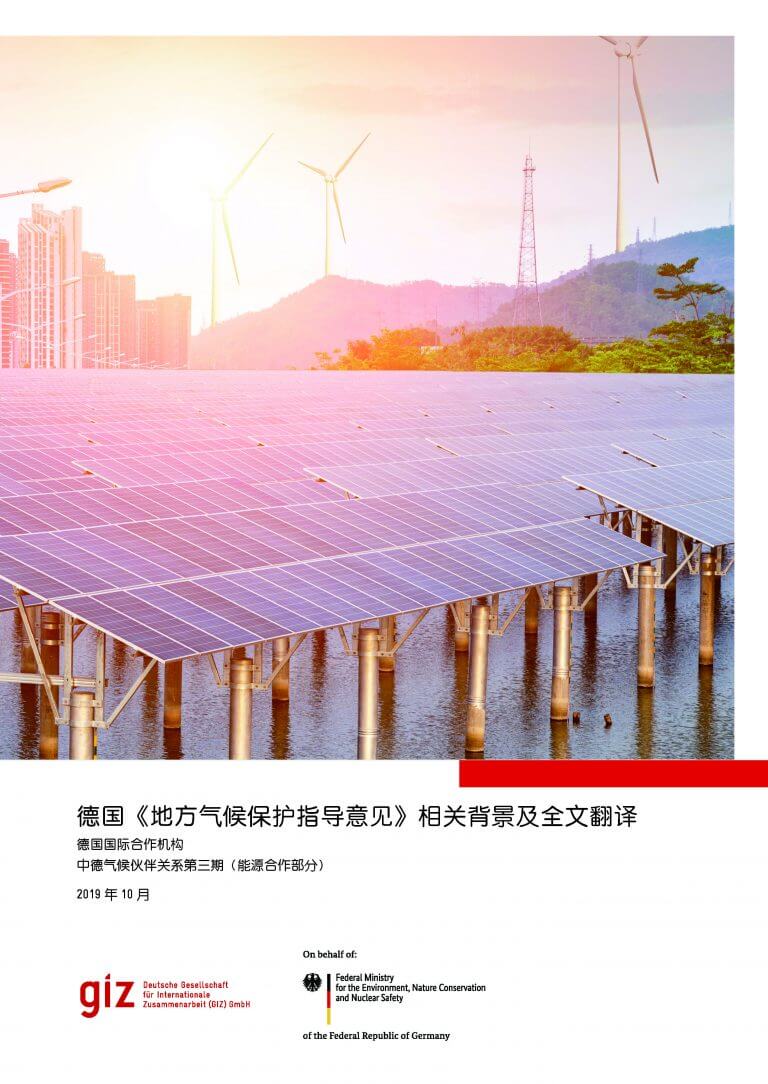
Towards Climate Neutral and Energy Efficient Cities in China
The workshop series “Climate Neutral Cities 2050” brings together German stakeholders and companies to discuss innovative, decentralized energy efficiency and energy supply solutions, framework conditions and business models, as well as green financing for low carbon and energy efficient development of cities and industry parks.
